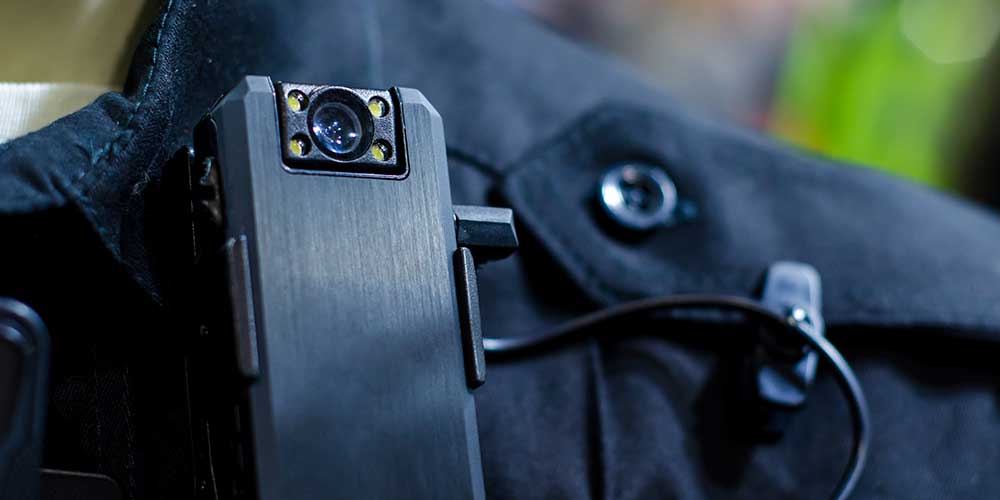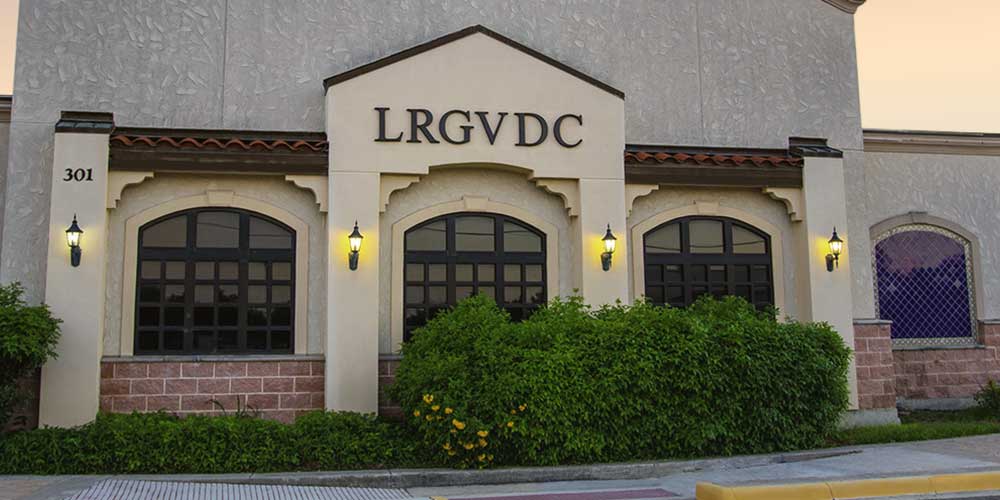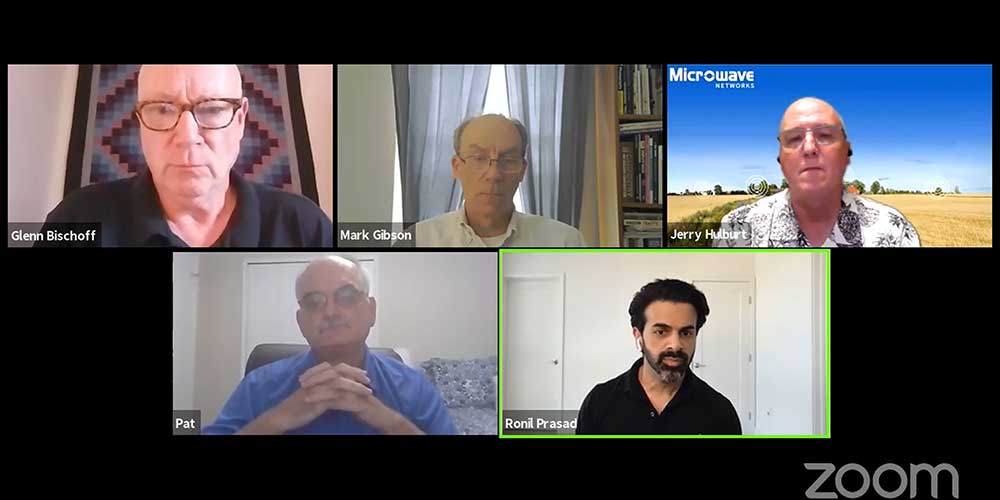The Impact of Records Management System Technology Trends on Law Enforcement Agencies
In Summary:
- Records management systems (RMS) are the backbone of recordkeeping for law enforcement agencies
- They enable agencies to capture, store, retrieve, analyze, and leverage data and information to support operations from incident and crime data to personnel files and information
- RMS technology has evolved substantially over the last several years
- To meet the demands of law enforcement agencies and the communities they serve, RMS providers have implemented myriad new capabilities










